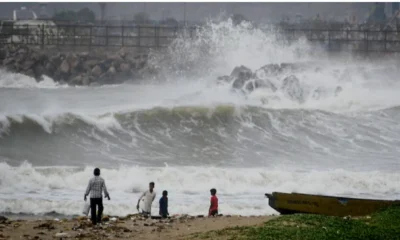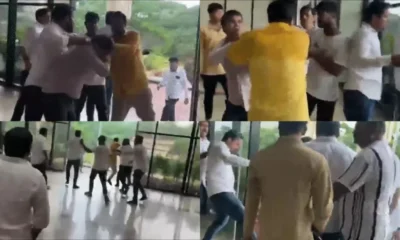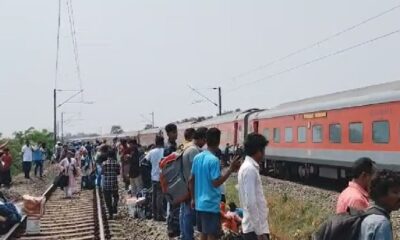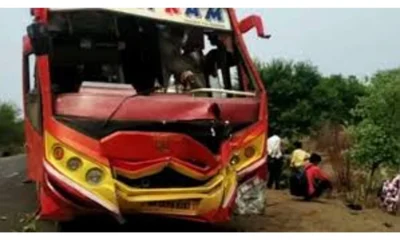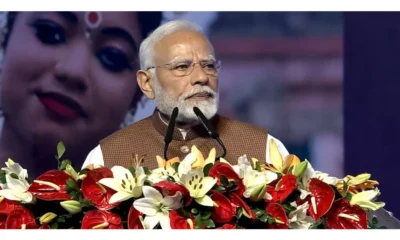India News
Odisha train accident: 48 trains cancelled, 39 diverted; Railway Ministry helpline numbers here
The accident involving the Coromandel Express and the Yeswanthpur-Howrah Duronto on Friday night has resulted in over 260 fatalities and 900 injuries.

India News
Shashi Tharoor questions Centre over Kerala name change to Keralam
Shashi Tharoor has criticised the Centre’s decision to approve renaming Kerala as Keralam, questioning its impact and pointing to the lack of major projects for the state.
India News
Tamil Nadu potboiler: Now, Sasikala to launch new party ahead of election
Sasikala has announced the launch of a new political party ahead of the Tamil Nadu Assembly elections, positioning herself against AIADMK chief Edappadi K Palaniswami.
India News
As stealth reshapes air combat, India weighs induction of Sukhoi Su-57 jets
India is assessing the possible induction of up to 40 Sukhoi Su-57 fifth-generation fighter jets as stealth becomes central to future air combat strategy.
-

 India News24 hours ago
India News24 hours agoRSS chief backs nationwide rollout of Uniform Civil Code, cites Uttarakhand model
-

 India News15 hours ago
India News15 hours agoAs stealth reshapes air combat, India weighs induction of Sukhoi Su-57 jets
-

 Cricket news14 hours ago
Cricket news14 hours agoRinku Singh returns home from T20 World Cup camp due to family emergency
-

 India News13 hours ago
India News13 hours agoTamil Nadu potboiler: Now, Sasikala to launch new party ahead of election
-

 Latest world news1 hour ago
Latest world news1 hour agoTrump says tariffs will replace income tax, criticises Supreme Court setback in key address
-

 Latest world news1 hour ago
Latest world news1 hour agoTrump repeats claim of averting India-Pakistan nuclear war during Operation Sindoor
-

 India News1 hour ago
India News1 hour agoShashi Tharoor questions Centre over Kerala name change to Keralam
-

 Latest world news54 mins ago
Latest world news54 mins agoPM Modi to begin two-day Israel visit, defence and trade in focus

